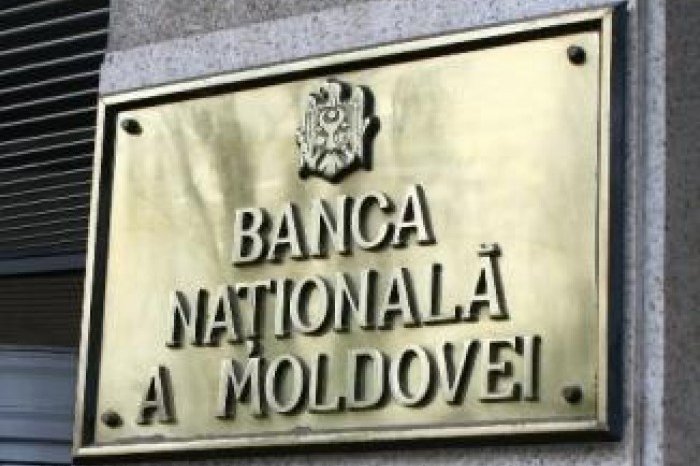National Bank of Moldova warns residents, economic agents about high risks of investments in "virtual currencies"
18:04 | 15.02.2018 Category: Economic
Chisinau, 15 February /MOLDPRES/ - The National Bank of Moldova (BNM) warns users of payment services that they run the risk of losing their sums invested in “virtual currencies”, given that the exchange operations with the latter are not regulated on the territory of Moldova. Respectively, users’ funds are not protected.
The “virtual currencies” existing in the world, especially the Bitcoin, are not currencies in the common sense of the term. They are virtual assets without real coverage and without guaranteeing of acceptance as payment means on behalf of the currency authorities, a BNM press release reads. Therefore, these assets pose a high volatility and a low level of security, in comparison with the currencies issued by the central banks and electronic currencies with regulated use. The owners of crypto-currencies have no certainty that they will be able to recover, in the long run, the value invested or they will exchange them for assets and services or for currencies issued by central banks.
As a result, the “virtual currencies” are not fit for being used as payment means and have an extremely speculative degree of investment. Investors in these assets are exposed to a high risk of losing the means invested, not benefitting from their any guarantee or protection. The trading of crypto-currencies takes place on non-regulated markets and does not ensure the protection of investors. In particular, the recent fluctuations of the Bitcoin imply a high risk of collapse of its value.
The National Bank’s warning comes in the context when schemes of virtual currency (Bitcoin, Litecoin, Ethereum, etc.) are used more and more often, both on the international market and on Moldova’s payment services market.
Following a fulminating evolution of Bitcoin in 2017, its quotation against the U.S. dollar dropped by 30 per cent by the end of the year in just one week. At the same time, in early February 2018, international media was writing about a new fall of the “virtual currency” to the lowest value in the last year, described as “shocking” by analysts.
(Reporter V. Bercu, editor M. Jantovan)

